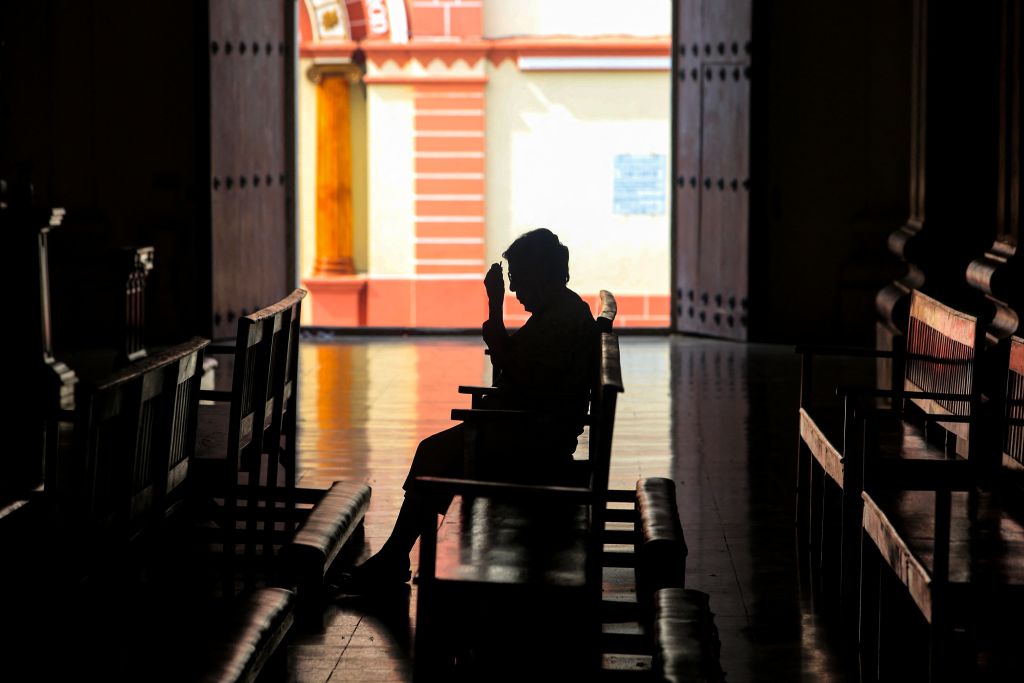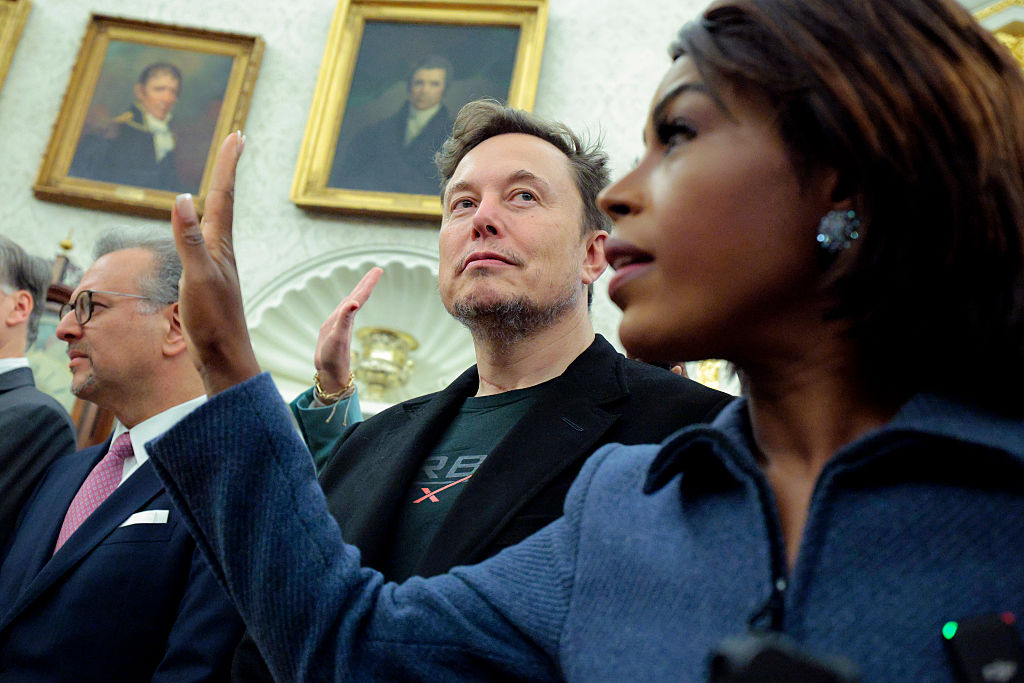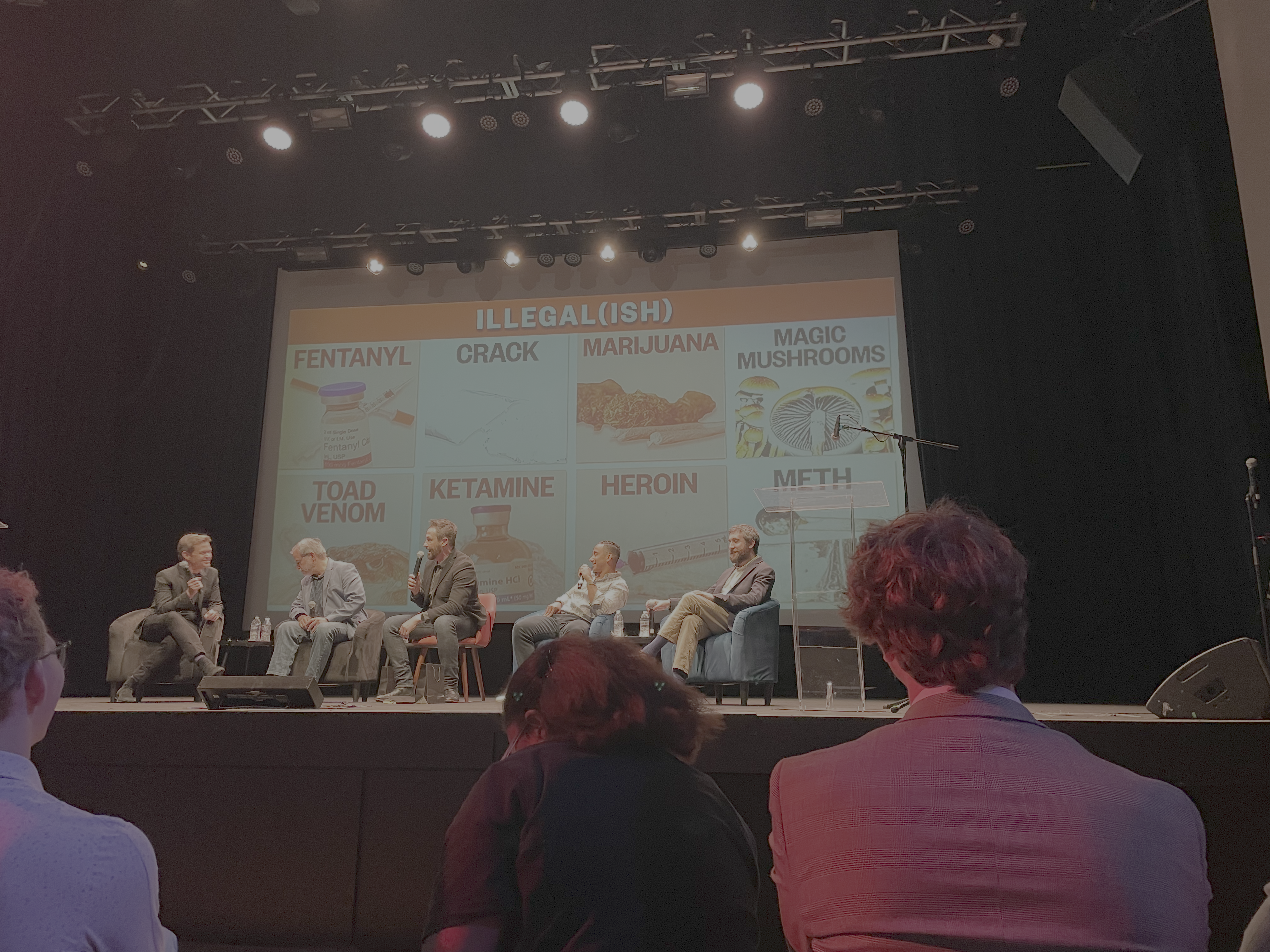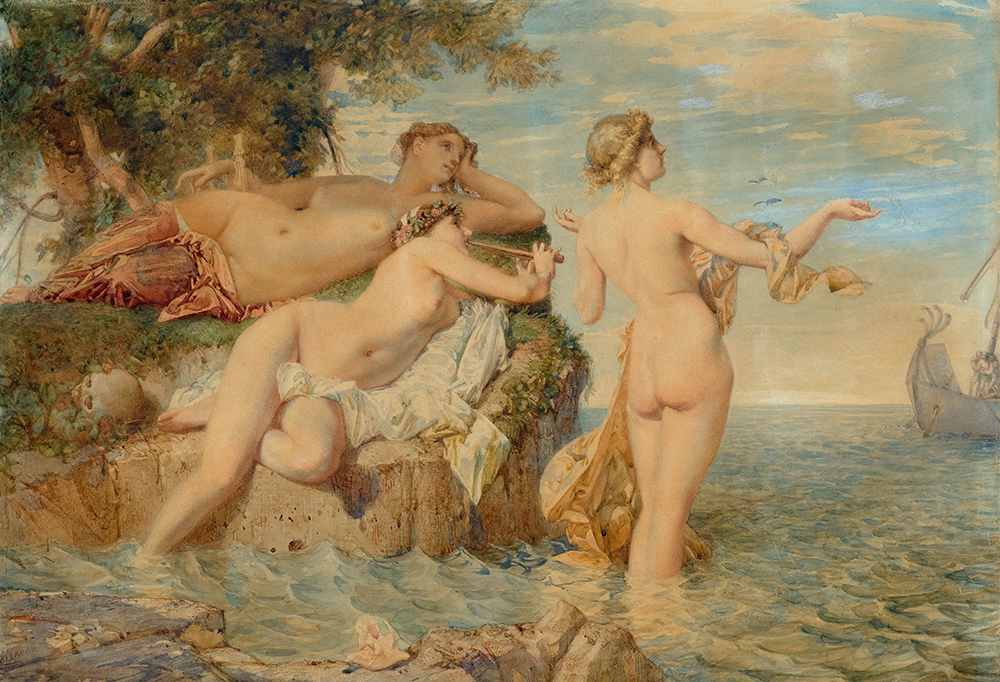The number of Americans who believe in God has reached an all-time low, according to a Gallup survey that’s been tracking our nation’s “values and beliefs” since 1944.
For a God fearin’ woman such as myself, it’s a disheartening statistic. But we are told never to abandon hope, and recent events — the Supreme Court rulings against abortion and in favor of prayer, a million swing voters switching their registrations to Republican, Keeping Up with the Kardashians finally airing its last season — betoken a more God-centered future.
The vast majority of US adults believe in God, but the 81 percent who do so is down six percentage points from 2017 and is the lowest in Gallup’s trend. Between 1944 and 2011, more than 90 percent of Americans believed in God.
Gallup’s May 2-22 Values and Beliefs poll finds 17 percent of Americans saying they do not believe in God.
To get the bad news over with first, here are some more demoralizing stats: depression and anxiety rates are at or near all-time highs; America is “more divided than at any time since the Civil War”; violent crime is climbing; way more than half of adults in the US are overweight or obese; Covid caused divorce rates and drug and alcohol use to spike; in 2019, Americans were getting “more miserable” and in 2020, they were the “unhappiest they’ve been in fifty years.”
Deep breath.
OK. Are Americans in such a bad way because they don’t believe in God? Or do they not believe in God because they’ve lost all hope in happiness through any number of circumstances that have altered our nation since the 1950s, when a consistent 98 percent of respondents believed in God?
If Americans don’t believe in God anymore, what do they believe in? Consumerism, for one. “American families are more in debt than ever before,” CNN reported last year. While much of that has to do with mortgage rates, food and energy prices, and other factors outside of our control, the report also noted that Americans were spending big “because they can.”
Technology is another time, energy, and soul-sucking entity. Americans spent “a third of waking hours on mobile devices in 2021,” according to a recent data report. And according to another study, excessive smartphone usage has been linked to “psychiatric, cognitive, emotional, medical and brain changes.”
Yikes.
What about drugs, sex, and alcohol, the stuff rock ’n’ roll is made of? (Now there’s a set of folks known for living long, healthy, and fulfilled lives!) Well, the Wall Street Journal just reported an analysis that found “the risk of perpetrating violence was more than twice as high for young adults who used marijuana.” Anyone who’s ever experienced a hangover knows the stuff is toxic, and as for sex, the CDC reported last year that sexually transmitted infections reached an all-time high for the sixth consecutive year. What’s more, BigThink.com tells us that “promiscuous people are less happy”: “Research suggests that promiscuity is not associated with increased happiness and, in fact, that the number of sexual partners needed to maximize happiness is exactly one.”
Bob Dylan sounded the alarm way back in 1964 that the times, they were a changin’. They’ve changed, all right, and not for the better. As “the Church of Liberalism,” as Ann Coulter named it, has infiltrated the country, Americans have become physically and mentally unhealthy and increasingly miserable. Of course, we can’t blame everything on the left, but consider that 96 percent of conservatives profess to believe in God, while only 3 percent don’t and 1 percent doesn’t know. Conservatives are also, not so coincidentally, more satisfied in life, about which George F. Will wrote, “This finding is niftily self-reinforcing: It depresses liberals.”
Will went on:
Election results do not explain this happiness gap. Republicans have been happier than Democrats every year since the survey began in 1972. Married people and religious people are especially disposed to happiness, and both cohorts vote more conservatively than does the nation as a whole.
Obviously, I am not a scientist, nor am I a theologian, and my smattering of stats and studies here is more correlation than causation. But I can tell you that if I didn’t believe in a good and loving God governing all things, if I didn’t have logical, dogmatic guide rails keeping me on the straight and narrow and daily proof that Christianity “works,” and if I didn’t believe in the Four Last Things (Death, Judgment, Heaven and Hell), I’d be fat, depressed, prone to substance abuse, and miserable, too.
Of course, simply believing there is a “higher power” orchestrating the universe isn’t the same as believing in a creator who is “merciful and gracious, slow to anger and abounding in steadfast love.” But it’s a start. Say a prayer and see what happens. You have nothing to lose. Because the godless path we’re on isn’t exactly making the world a better place.

























